I’m in my 30s and have reverse-aged my skin with two collagen-supporting lifestyle changes
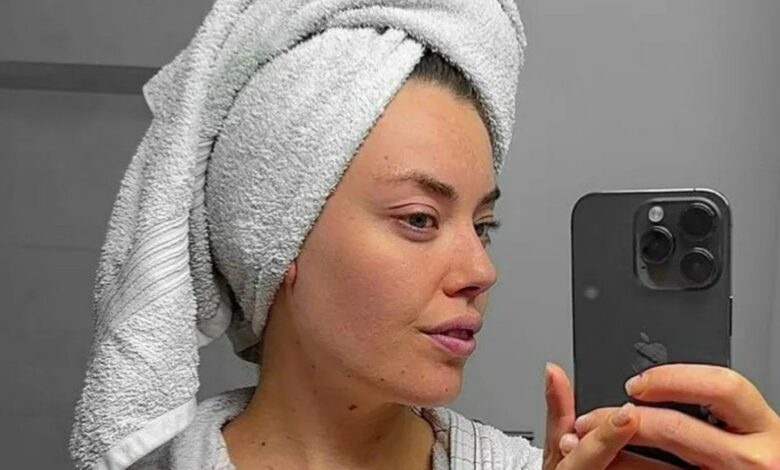
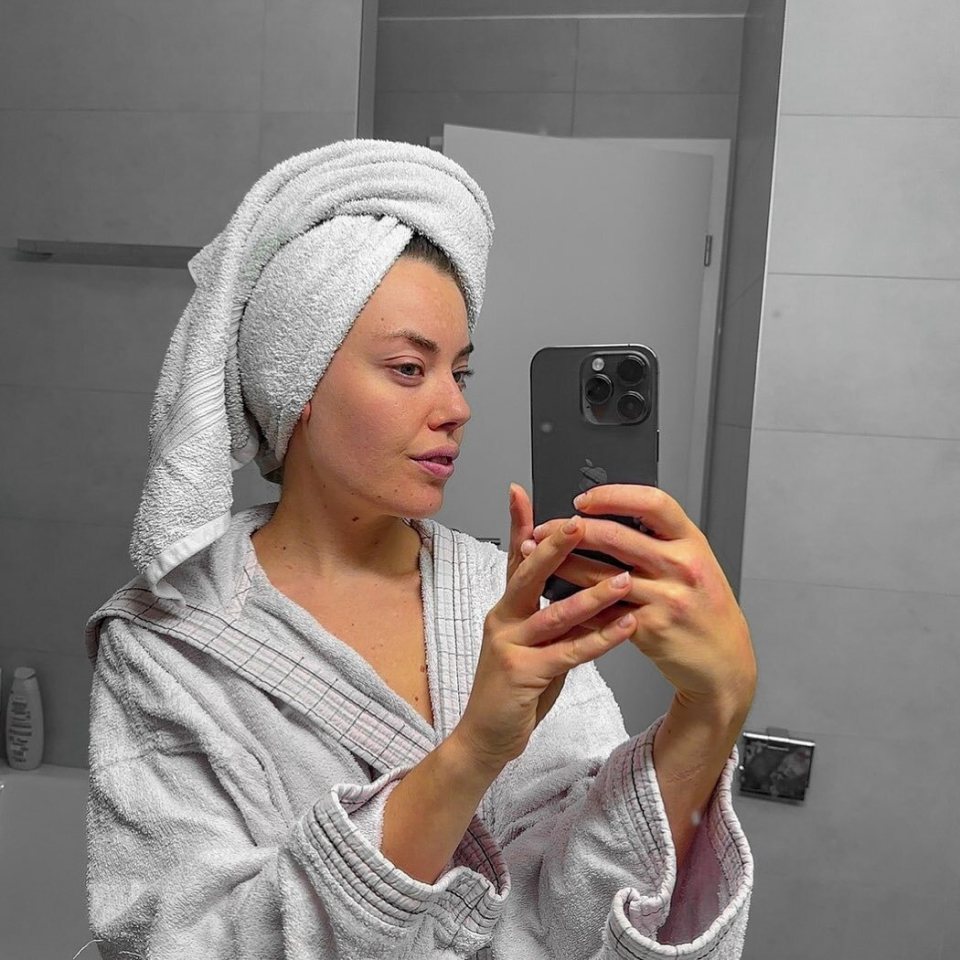
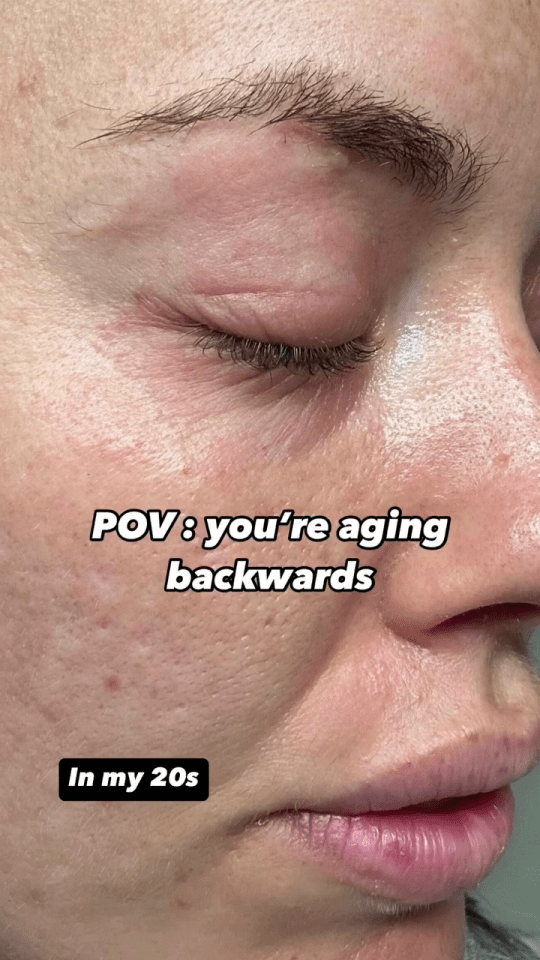
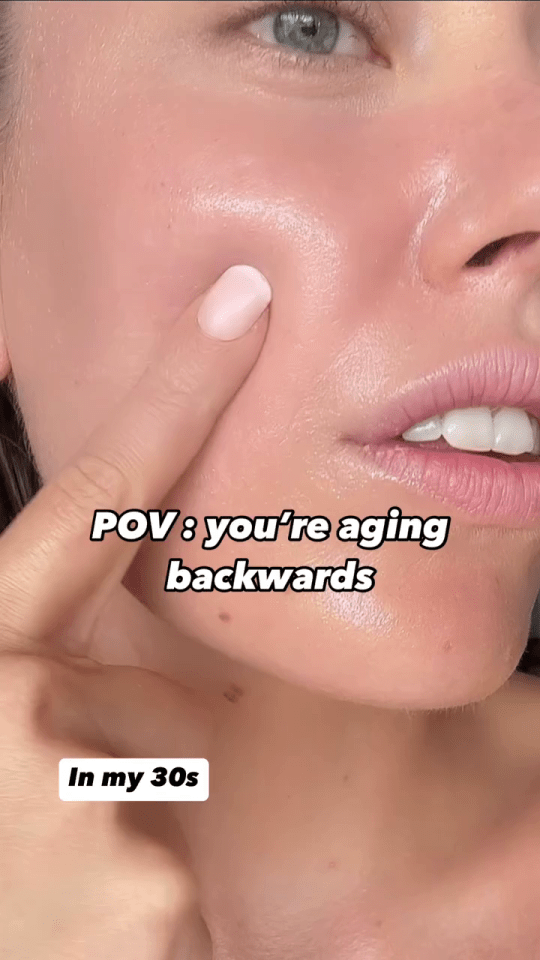
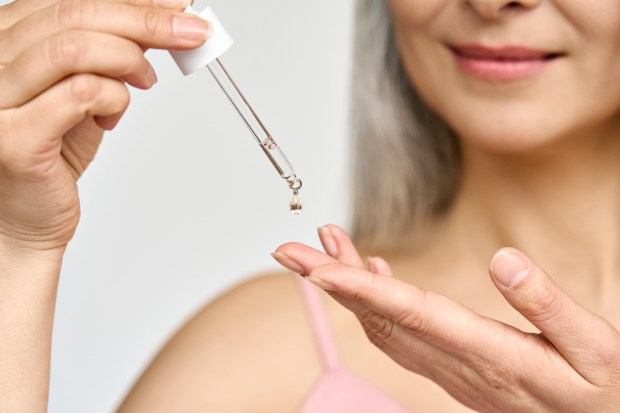
A HARVARD CERTIFIED skin expert has revealed how she reverse-aged her skin after enduring ‘the thirties hump’.
Susie Spring once suffered from eczema, acne, dark spots and enlarged pores on her face – until she started boosting her body’s natural collagen production.
“Maintaining collagen levels is essential for firm, youthful skin, especially as we age,” she says.
Collagen is an important protein in the skin that maintains the firmness, elasticity and smoothness of the skin.
It provides structure to the face and helps reduce wrinkles and fine lines by supporting the strength and plumpness of the skin.
As collagen production declines with age, facial skin becomes thinner and more prone to sagging, contributing to wrinkles, fine lines and general signs of aging.
However, Susie, who is in her 30s, hasn’t been taking expensive supplements to boost her body’s natural collagen production.
Instead, she made two major lifestyle changes.
“I follow a clean diet, using fish, bone broth, and chicken to naturally boost collagen intake,” she shared in a now-viral Instagram post about her anti-aging efforts.
“Managing stress was also crucial, as stress has a big impact on both my skin and my eczema flare-ups.”
Eating fish, especially those rich in omega-3 fatty acids such as salmon, mackerel and sardines, supports collagen production in several ways.
The aquatic animals provide amino acids such as glycine and proline, which are essential building blocks for collagen synthesis in the skin.
Additionally, omega-3 fatty acids in fish help reduce inflammation, which can protect existing collagen from damage and improve skin elasticity.
Reducing stress levels will also do wonders for your anti-aging efforts, according to Susie.
This is because prolonged stress can release hormones that break down collagen fibers, leading to loss of skin elasticity and the formation of wrinkles.
Stress is also a major contributor to inflammation, which can wreak havoc on our skin.
What is collagen?

- Collagen is the most abundant protein in the human body and provides strength and structure to the skin and muscles
- It plays an important role in maintaining the elasticity and hydration of the skin
- As we age, collagen production decreases, leading to wrinkles, sagging skin and reduced skin firmness
- Collagen production begins to decline in your mid-20s and early 30s. By age 40 it has dropped dramatically
It’s important to note that while collagen-based skin care products can provide benefits, their effectiveness can vary greatly.
Some experts suggest that topical application of collagen may have limited effectiveness compared to other skin care ingredients that stimulate collagen production in the skin.
This inflammation often manifests as redness, puffiness and worsening of skin conditions such as acne, eczema and psoriasis, as Susie has experienced herself.
In addition to her lifestyle changes, she added collagen-boosting skincare products.
“My journey was a bit unique as I was dealing with a severely damaged skin barrier due to overuse of active ingredients, along with eczema flare-ups,” she adds.
“This not only deteriorated my skin barrier, but also led to premature aging and dehydration lines.
My journey was a bit unique as I was dealing with a severely damaged skin barrier due to overuse of active ingredients
Susie Spring
“So a lot of my focus at first was on healing and nourishing my skin barrier.
“Once I recovered my barrier, I needed to focus on boosting collagen production and supporting skin renewal.
“For me, that meant taking vitamin C every morning and resveratrol in the evening.
“Along with a gentle retinol eye cream and peptide moisturizers.
“Occasionally I used retinol-based masks.
“I also exfoliated two to three times a week with an AHA to speed up cell turnover.”







